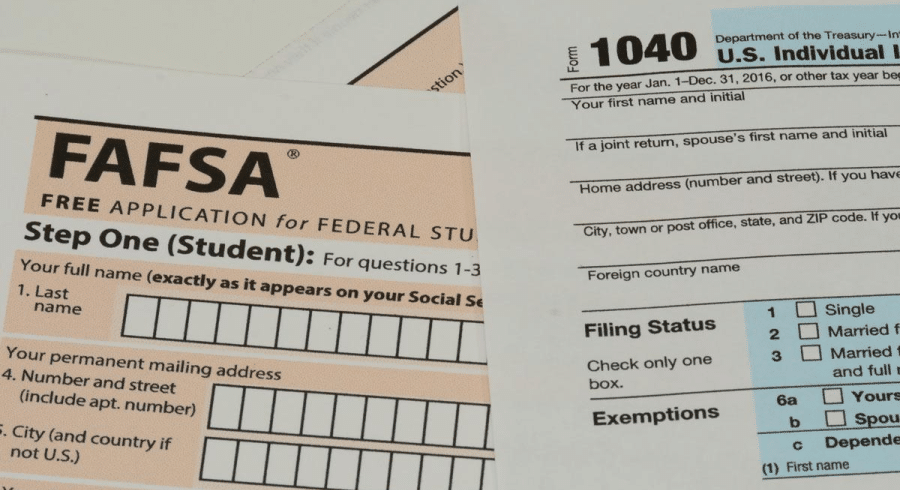Negotiating Equity Compensation Checklist
- Knowing the value of all the benefits at your current job helps negotiations with a new employer
- Maximizing your total equity compensation package often results in large increases in financial benefits
- We outline checklists that should be completed when evaluating job offers
You’ve gone through the application process, phone calls, and some brief follow-ups with the Human Resources department. You landed the job. Now you are ready for that all-important final call to discuss your compensation package and offer at a new job. It is a stressful, but also an exciting time. Having your ducks in a row regarding what you earn at your current job and clarity about what you require for your new position are critical so that you make the most of your negotiations.
Ask a Little, Receive a Lot
It’s just the way it is that an often quick discussion with the H.R. department can have a bigger impact on your total compensation than years of hard and diligent work on the job. Thus, salary and benefits negotiation is an important financial planning topic. With just a little bit extra due diligence and working with an experienced financial advisor who focuses on tech-industry workers can result in thousands of dollars more—per year. Moreover, we typically see clients receive 15% to 25% more equity compensation after negotiating with their new employer.
Doing Your Homework
So, what are those ducks you must have aligned? It starts by understanding and valuing all that you earn at your current position. Knowing how much total comp you are leaving on the table provides a quantitative opportunity cost to your new employer.
In general, key items to tabulate include unvested amounts of stock options, Restricted Stock Units (RSUs), and 401(k) matching dollars. You also want a tally of all the benefits you’re leaving behind. Another important strategy is to maintain a contact person in the H.R. department. Finally—and this is totally acceptable—take screenshots of everything relevant to you on the firm’s benefits portal since you will lose access to it once you are no longer employed.
Here’s a checklist of items to know at your current job so that you make the most of your equity compensation negotiations with your new employer.
- Your original offer and history of raises
- Accomplishments and accolades
- Each year-to-date paystub
- Benefits package details and 401(k) Summary Plan Description (SPD)
- All stock options and RSU grants – screenshot your current reward status from the employer portal
- The vesting schedule on all retirement plans
- Current PTO package
- Other perks
- Restricted covenants
This checklist is intended to demonstrate to your new employer that they are acquiring a home run hitter. Putting yourself in the best light is critical. You want to show that your career is on the incline, and that is borne out in the numbers and your accomplishments.
Be specific about the positive impact you’ve had at your current company: What projects did you pioneer? What missions did you champion? What revenue growth did you generate? Equity compensation negotiations are much easier when you have cold-hard data and your track record at your fingertips.
What Are You Leaving Behind?
It is also critical to understand benefits awarded to you but not yet paid out. Share-based awards, retirement plan matches, and vesting periods can vary wildly by company, so being able to compare your old set of benefits to your new one can help you evaluate an offer and request additional compensation. We want to know how much money you’re leaving on the table across all benefits and rewards.
The Softer Side of Work
Another area often overlooked is flexibility on the job. While several of the other listed items are defined by numbers, having freedom with your time at work is admittedly a squishy benefit. For some folks, though, it is among the top perks. Are you allowed significant time to work from home? Do you travel frequently? Are you able to work when you want, where you want, and how you want?
What to Know About Your New Job
What’s great about adding up all those areas and detailing your impressive career path is that the same process is then applied to the new job offer. Here are items to have a firm grasp of in advance of your equity comp talks.
- Offer letter
- Employer Agreement
- Shareholder Agreement
- Benefits package
- Flexibility (perks, PTO, and so on)
- Restricted covenant agreement
- For private companies, the latest 409A valuation and growth expectations
On top of tracking and calculating all the dollars and cents, you should list out your priorities when making a job change. Is cash flow now more important to you? An offer with lots of share-based compensation may be appealing, but you need enough salary to run a household budget, too.
Risk Management and Departure
Additionally, an offer with too much equity comp carries more risk – if the company performs poorly, your job and financial benefits could be in peril. Finally, be sure to weigh probabilities about how long you plan on being with the new company – options are worth nothing if you don’t plan to stick around through the vesting date.
One last base to cover: severance. If it’s not spelled out, it might be an area on which we want clarity. An attorney typically helps craft that language to include in the counteroffer.
The Bottom Line
Most people are uncomfortable negotiating salary and equity comp with a new job. It is a vital step, however, to maximize your net worth. All it takes is research, a process, a checklist, and some confidence. Your new employer will likely respect you all the more for it, too.







